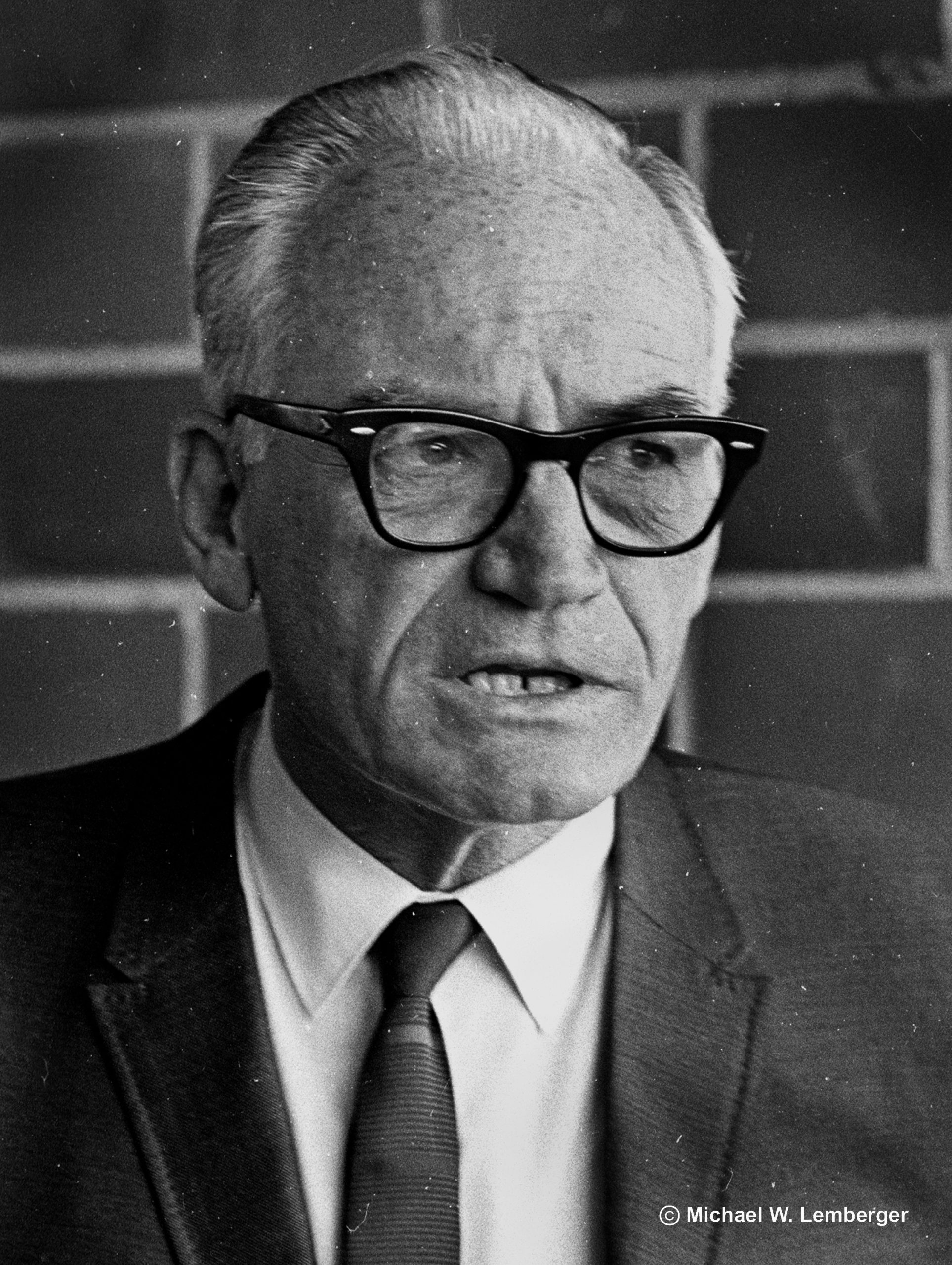In my 20s I worked at a law firm whose system for evaluating the performance of attorneys included a “public service” component. This was fairly typical back then for big firms, and its aim was to encourage its attorneys to develop broader connections in the community through volunteer work. (It was, therefore, a partly self-interested and partly public-interested policy for the firm.)
One of my favorite colleagues there was another young attorney who was a year or two my senior. Unlike me, he was a registered Republican and self-described conservative. I liked him because he had a wickedly funny sense of humor, was a very smart lawyer, and a good mentor.
When it came time for his annual review he worried about how to report his community service to those reviewing his performance. “I don’t know what to say.” After a pause, with a hint of a smile he added, “I do mow my lawn.”
I remember that little throwaway joke 35 years later because it was funny, and because it offered me a window into the thinking of someone who thought differently than I did about the individual’s place in society.
My friend was the kind of conservative for whom being a good member of the community meant obeying the law, being a good neighbor and putting effort and thought into raising one’s family and doing one’s job. It did not necessarily include action aimed at producing social good through some kind of collective effort — organized either through government or nonprofits. Or if it did, that was a private choice that was no concern of his employer, in his view.
It was and is a philosophy of life that doesn’t offer much of a plan for addressing complex collective problems like climate change, except in so far as it places faith in the market to find solutions when problems become expensive enough. But there are lots of people who share this narrower, “Ron Swanson” conception of good citizenship.
Among anthropologists who study national cultures, the United States is usually a hyper-individualist outlier on their measures of collectivism vs. individualism. Americans generally think of themselves as individuals first. We tend to be relatively less conscious of the national collective, and less favorably disposed to collective solutions organized through government.
East Asian nations are often found at the opposite pole. When an earthquake and tsunami damaged or destroyed power stations in Japan in 2011 — including the nuclear reactors at the Fukushima power plant — it reduced available generating capacity in the Tokyo region. But Japan mostly avoided blackouts, in part by asking residential customers to voluntarily cut their power use during peak hours by 15%. They complied for months during a hot summer, in part by setting their household thermostats to very high temperatures.
Collectives can accomplish incredible things when all are focused on the collective task. The U.S. government secured similar voluntary citizen sacrifices as it mobilized for the 20th century’s two world wars, but that sort of widespread sacrifice seems less likely today — particularly if the national government asks for it.
After WWII the cross-party New Deal Consensus allowed us to build out national infrastructure (highways, energy networks, schools) that became the envy of the world. When that consensus dissolved toward the end of the last century, we lost that collective ability. Consequently, in the 21st century U.S. infrastructure — our public transit, broadband system, and public schools — are no longer the world’s gold standard. Today, we lack cross-party support for investing in them.
The late and legendary college basketball coach Dean Smith said that a collective “can accomplish great things when the individual members don’t care who gets the credit.” In today’s negatively partisan U.S. polity, too many members of Congress care about little else than denying credit to the other side.
In Climate of Contempt I explain how decades of under-investment in the electric transmission grid is holding up profitable private investment in utility-scale wind and solar farms that will lower consumer energy prices. The legal and political impediments to that investment are complicated and interesting, but could be overcome by federal, state and local politicians with the will to do so.
But in the late 20th century, the GOP embraces the “I mow my lawn” version of conservatism characteristic of my friend. And it has added a strong dose of negative, populist partisanship that was not part of my friend’s conservatism. Unfortunately for climate policy, that negative partisanship is driving GOP opposition to clean energy (and the energy transition) as a statement of cultural identity.
Only voters can change that. — David Spence

